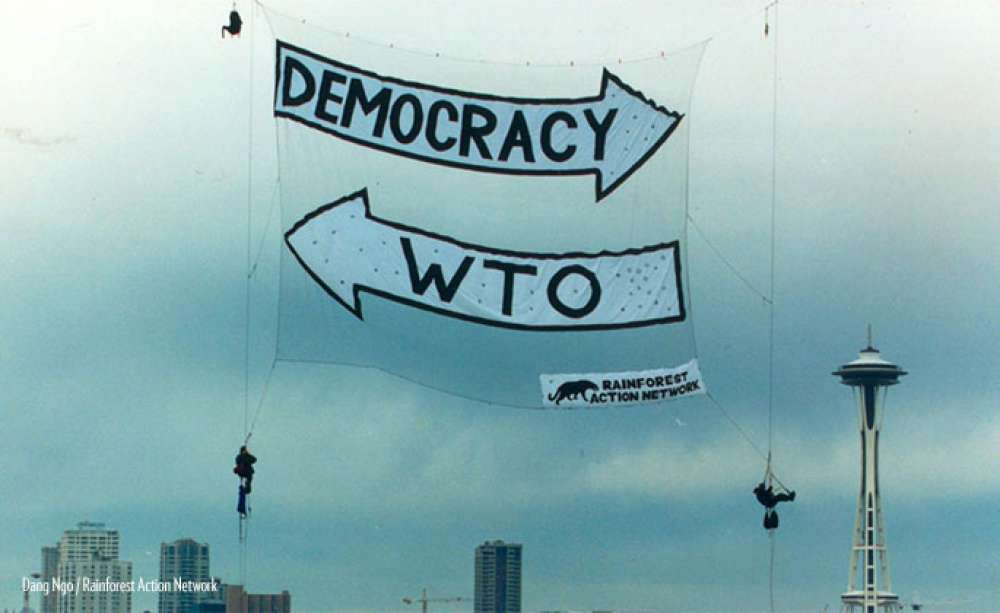Elections at the Global Stage?

When OECD Secretary General Angel Gurría criticizes the Swiss government for its failure to adopt international tax standards, when Strasbourg tells the British that depriving prisoners of the right to vote violates European human rights law or when the UN Special Rapporteur on the Right to Education challenges Germany because migrant children face severe obstacles in its national school system, a fair share of the public response is usually “Sorry, but who elected you?”
This reaction hints at two widely shared feelings: that international organizations matter in today’s world and that they suffer from a “democratic deficit.” To cure the latter, every now and then a group of self-declared global democrats calls upon the UN, the WTO or some other organization to create a parliamentary assembly. If citizens could elect their own representatives, and if these representatives had a say in the decision-making process of the UN or the WTO, world politics would be a more democratic place. And practically speaking, the EU, the Council of Europe and the African Union already have parliaments. So why not make global organizations fit for democracy as well?
This position has also been shared by Swiss MPs. In 2005, over 100 of them signed a letter in which they asked then-UN Secretary General Kofi Annan to consider the establishment of a UN parliament in his agenda for UN reform. At a 2007 press conference in support of the campaign, National Councillor Remo Gysin, a key figure in Switzerland’s campaign for joining the UN, explained that a UN parliament would address the UN’s democratic deficit by closing a “gaping hole”: every municipality had a parliament but the UN did not. But is it really true that parliamentary assemblies would make international organizations more democratic? And if so, are they the best means to achieve that goal?
…
To read the full piece, please visit HSG Focus.